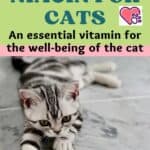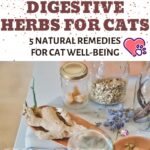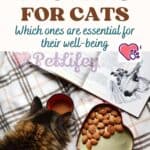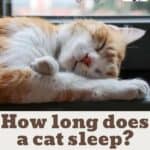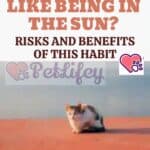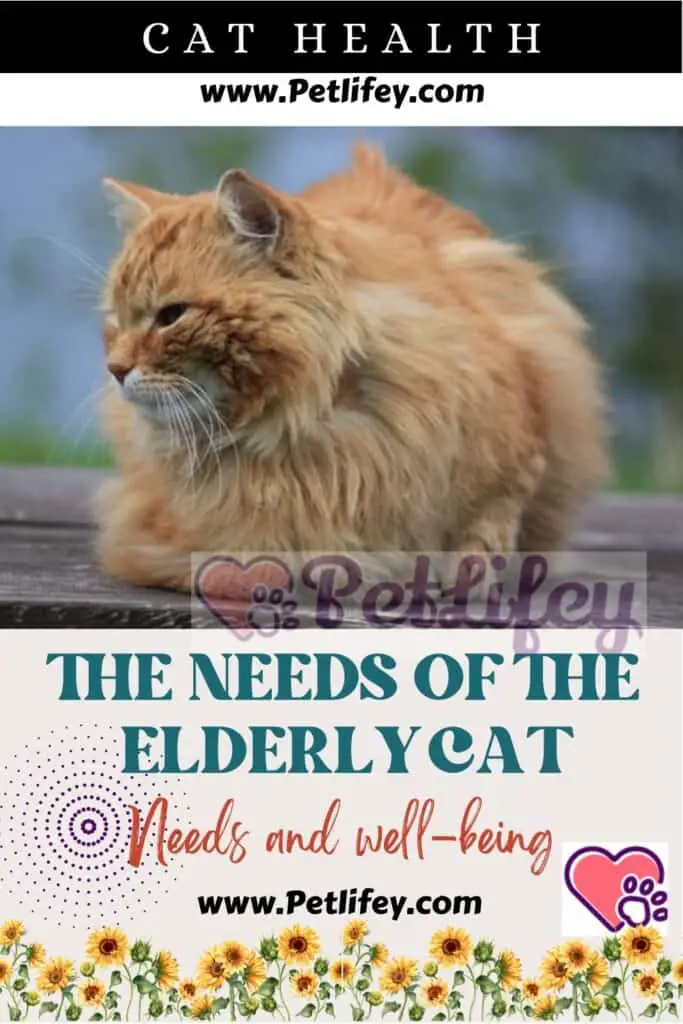
The needs of the elderly cat, what are they? How can we help our pet cope with this part of his life?
The years pass for everyone and even the cat has to face this part of life, as well as man. In the cat, however, this phase becomes very heavy and extremely evident. We are all used to imagining this feline as a quiet and cuddly but at the same time very agile animal, a furniture climber and a contortionist of boxes.
But here we come to that point in life that our furry friend takes a step back. The cat becomes aware of its body, inside it understands and feels that it is no longer able to face big jumps and big challenges that previously stimulated them, in other words the needs of the elderly cat change and not a little.
The needs of the elderly cat
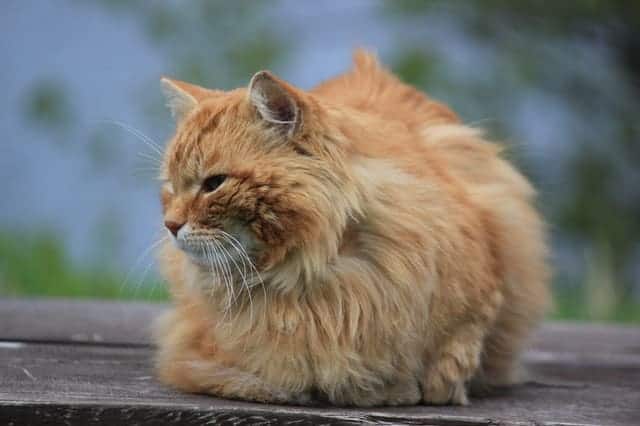
What distinguishes the cat from the dog is precisely the extreme curiosity that in the cat masters. Curiosity for the cat is the engine of life, it is what drives them to venture into places that in our eyes may seem impenetrable.
This lifestyle always takes them around to live who knows what adventures, and then see them return with some prey, of which it is proud and wants to show us. All this way of doing things with age unfortunately fades. Day after day the cat becomes an adult animal, until it reaches the maximum age of life that for a cat kept well cared for, can also be about 15 years.
This does not mean that there is a need to face this phase of life and do it in the best way. This is why it will be necessary to meet the needs of the elderly cat, giving them back all the love that until now he has been able to give to the whole family.
Energy and protein requirements
The needs of the elderly cat change also and above all at the food level, in energy and protein needs. And even if the cat is born as a carnivore, this does not mean that it must eat only and exclusively meat or fish. It needs a complete and balanced food diet to be healthy and that is why cat food must therefore provide all the necessary nutrients in quantity and quality.
The energy needs of the cat vary depending on the lifestyle it has, for example if we talk about a cat that spends most of the time at home, to lie on the sofa certainly I will not consume much energy and consequently will not have important needs to satisfy. While differently it happens for the cat that spends most of the day around, discovering and conquering new territories and prey.
In this case, the cat will have to meet much more important needs than a sedentary cat or a neutered cat. As for the protein intake that a cat needs, being a carnivore they are very important (twice as high as those of the dog). The proteins must be of good quality and partly of animal origin.
Among the main ones are taurine and arginine two amino acids (which fall within the composition of proteins) that must be present in quantity. Taurine prevents serious disorders in the eye and heart, while arginine allows the elimination of certain toxic waste produced by the body.
Antioxidants for the aging process
Food antioxidants have a protective effect by supporting natural defenses. A dietary intake of antioxidants is useful to help the protective systems already present. The immune system and the nervous system are in fact particularly sensitive to the action of free radicals and in the course of pathologies, but also in aging, they need strong protection.
But be careful, not all antioxidants have the same effect and it is not always sufficient quantity present in food, so they must be integrated in suitable quantities. The following natural vitamins are part of the antioxidants: such as Vitamins E and C, beta-carotene and selenium, vitamin A, zinc, selenium, astaxanthin, turmeric and green tea. Supporting antioxidants through integrated is useful to make up for the shortcomings of the needs of the elderly cat.


